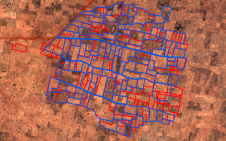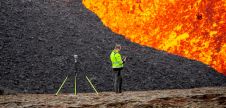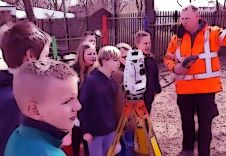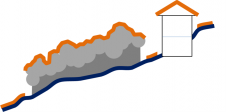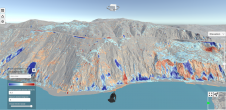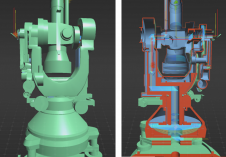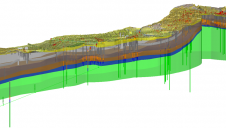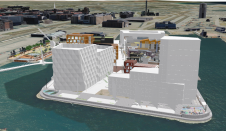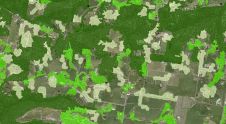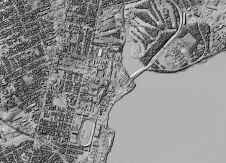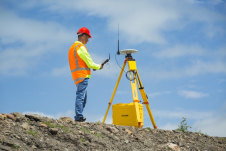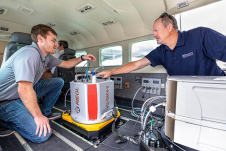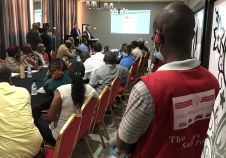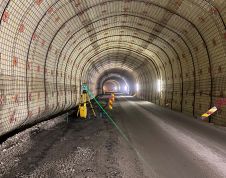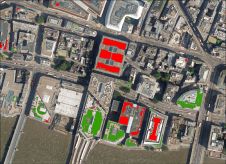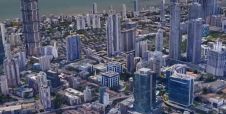Monisation
我们生活在一个世界里,所有componen货币化ts of life – be they goods, skills, sport, leisure, health or art – are expressed in the form of currency. In such a world, it is very natural that questions arise such as ‘What is the economic impact of geoservices?’ And this question has been scrutinised by Oxera Consulting Ltd, registered in Oxford, UK, and Brussels, Belgium, in a study commissioned by Google. The resulting report was published in January 2013. The study aims to quantify the impact of geoservices on the world economy and consumer welfare, expressed in terms of billions of US dollars. Geoservices stem from firms who serve their clients with satellite imagery, online maps, digital maps stored in car navigation systems and other local devices, satellite positioning signals, and navigation devices. Examples of such firms are Google, Garmin and Cartifact. The latter is based in the USA and specialised in innovative cartographic technology.
The researchers recognise that estimating global impacts is not a precise science and that the numbers should be treated as indicators rather than accurate values. The result is that the estimated global revenues from geoservices cover the broad bandwidth of USD150 billion to USD270 billion per year while accounting for roughly 0.2% of the gross domestic product the entire planet generates. Car navigation may help to save 125,000 years of travel time per annum globally, saving an amount of time worth USD18 billion and fuel worth USD5 billion. Geoservices also enable precision farming and improved irrigation with an annual impact of between USD8 billion and USD22 billion on a global scale. These figures show how important geoservices are for the global economy.
Geoservices also contribute to components of life which are difficult, or even improper, to quantify in terms of money; one such component is aid emergency response. In England alone, geoservices may help to save over 150 lives annually. An appealing argument is provided for those who are tasked with the tough job of convincing potential students to populate the class rooms of geomatics programmes as a career choice: five years after graduation, students educated in the use of geoservices can expect to be earning on average 3% more than those who did not receive such an education.
While reading the report, I suddenly began to wonder why people living in this era attach so much merit to money. Why are people so fixated on currency? Has currency not become confused with other values – ones deeply rooted in the human soul, such as wisdom, fulfilment and altruism (i.e. serving others and society without immediate pursuit of profit)? Greed brings debt, enslavement and suffering; maybe not to you, but certainly to others. To paraphrase John F. Kennedy: “Don’t ask how you can profit from your fellow citizens. Ask instead what you can do for mankind.”
Make your inbox more interesting.Add some geo.
Keep abreast of news, developments and technological advancement in the geomatics industry.
Sign up for free


